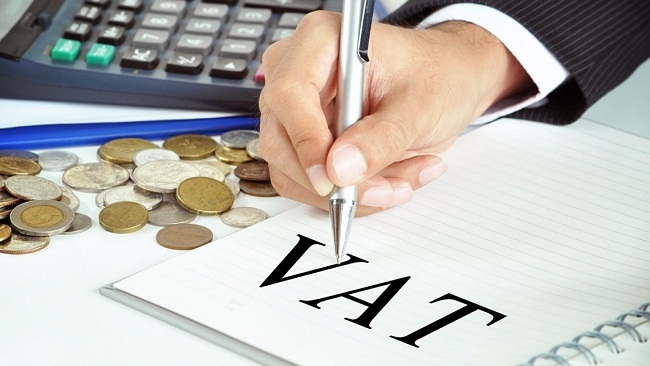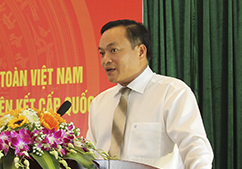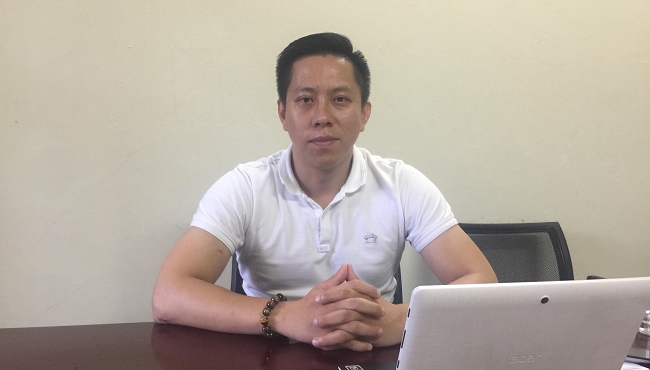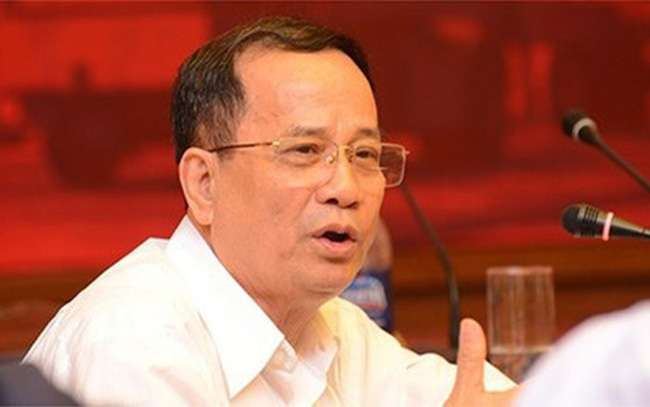When organic becomes an inspiring wellbeing lifestyle
For Tyna Huynh, co-founder of Drinkizz, organic is not just a food choice but a way of life that fosters a deep connection between people, nature and community.




‘We need to reconsider the assumption that the rich will suffer more than the poor as VAT increased. Because, in fact, more than 80% of the Vietnamese population is poor,’ said Pham Anh Tuan, Chairman of Board of Directors of the Cooperative Union of Agricultural Consumption (UCA).

Increasing VAT (Value Added Tax) will affect the poor directly

Assuming lower VAT benefits the rich more than the poor because of their higher spending is needed to readjust due to the fact that most of the Vietnamese population are poor. Increasing VAT will lead to an increase in total input cost of production, leading to the increase in the product’s price and the business’s cost as well.
Regarding agriculture sector, the Ministry of Finance (MOF) states that higher VAT does not heavily affect the poor because the essential items are mainly subjected to nontaxable and lowtaxable ones. However, in fact, increasing VAT would lead to an increase in the total input costs, driving up the price of the product, which directly affects to the farmer.
For example, the total living cost of a family is VND10 million a month. They can normally be able to buy 10kg of meat. When raising VAT, the price is also higher, then they can only afford to buy 8kg. Total income is constant but price is higher and higher, making life more difficult for many people.
The MOF uses such measure to increase national budget. However, the long-term risk is that many of the goods’ production will be stagnant, posing negative impact on the economic growth. And the total tax revenue will certainly decrease.
Increasing tax will erect obstacles to the business

Raising VAT to 12% is too dangerous. It is reasonable if the GDP per capita is high. But our GDP is not high; we are mostly poor and low-income people. Therefore, such taxes will directly pull the money of pocket of every single citizen. Even higher wages can not be enough to cover their living expenses.
For example, the environmental protection tax increases leading to higher gasoline price, so people will probably have to leave their cars or motorcycles because the commuting cost is too expensive. In other words, raising taxes will restrain the economy as people tighten their belts.
Meanwhile, it is better if the Government provides favorable conditions for businesses to develop rather than levy higher tax.
I think that tax should not be increased at present and many years to come if people cannot put up with the situation.
Increase VAT, the most affected people are the poor

VAT is the indirect tax, directly levy on goods; therefore, higher VAT will obviously cause higher goods price, affecting consumers. Increasing VAT would pose major impact on the whole society and put pressure on low-income people, especially on the poor.
Raising taxes will also increase the price of the product, which will lead to a decrease in purchasing power of the market. This will reduce the competitiveness of enterprises and the growth of the whole economy.
In addition, the main goal is to stabilise the macro economy and the inflation. Meanwhile, taxes are the constituent components of price. The price increases, the inflation also increases. This is a huge matter needed to be carefully considered.
For Tyna Huynh, co-founder of Drinkizz, organic is not just a food choice but a way of life that fosters a deep connection between people, nature and community.
Embracing respectful workplaces could very well be the key to unlocking a more prosperous future for Vietnam's garment industry.
Vietnamese businesses have had a long journey with great achievements, and this path will continue and blossom in years to come.
While some jobs are expected to be replaced by emerging AI applications, the technology is broadly seen as a catalyst for positive transformation in the workforce.
The energy transition is bringing forth new challenges, particularly in refining financial systems.
Alex Hambly talks about investment opportunities in Vietnam following his appointment as chief investment officer (CIO) of VinaCapital.